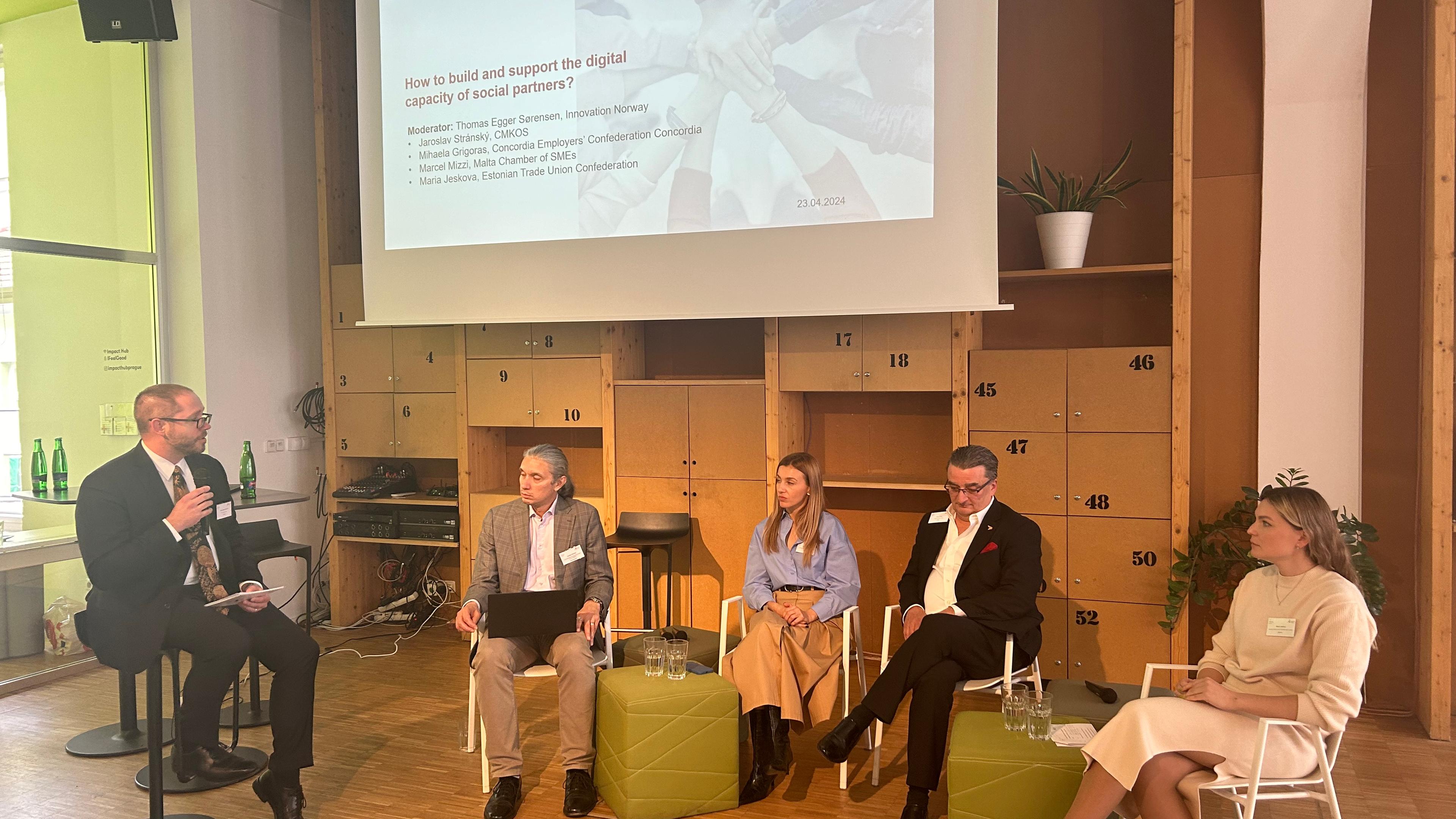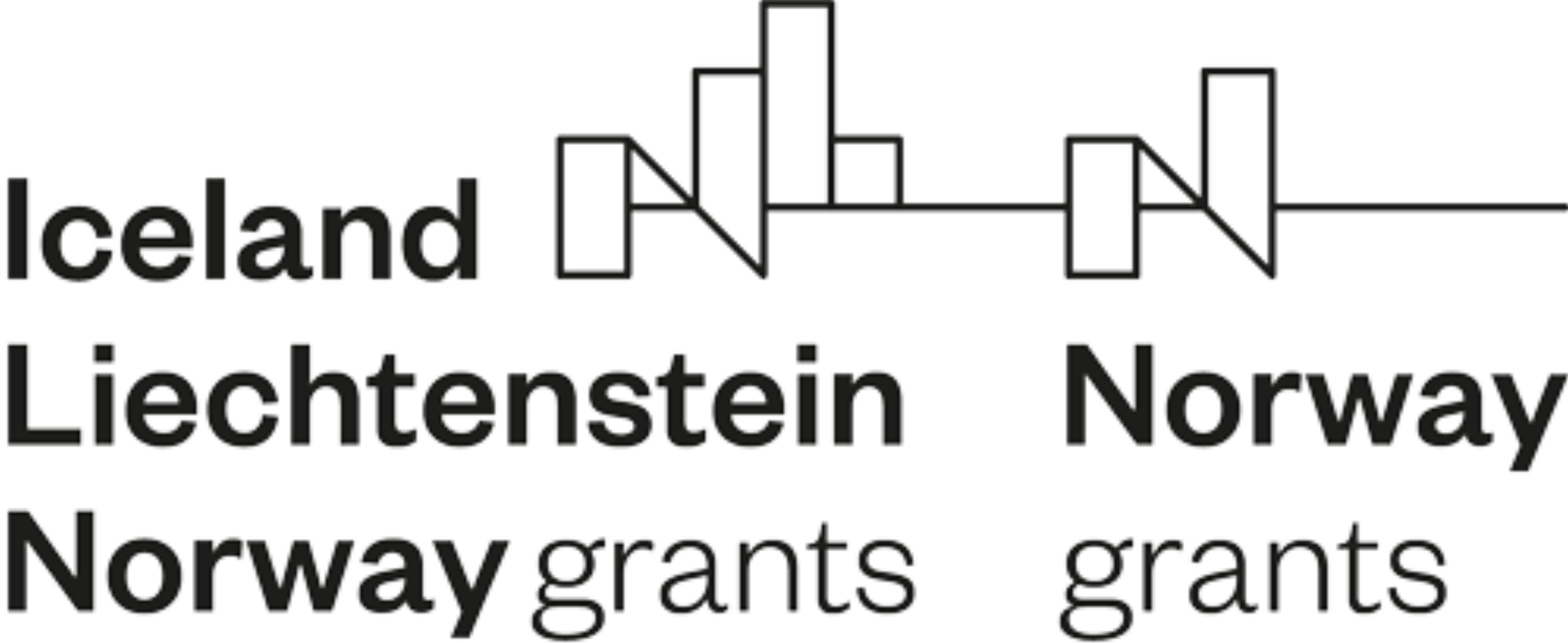Networking Seminar: Digital transitions – challenges and opportunities for social partners and social dialogue
 © Innovation Norway
© Innovation NorwayDigitalisation has transformed the world of work, redefining skill requirements, working conditions, and the very structure of social dialogue. The COVID-19 pandemic acted as a catalyst for digital transformation, accelerating organizations into new digital territories and fundamentally shifting communication and collaboration across Europe.
Social partners are benefiting from new digital tools that offer opportunities to interact with members, improve consultation processes, and address declining membership. However, developments in the labour market also present challenges, including the need to acquire digital skills and establish a regulatory framework ensuring decent working conditions and data protection.
The seminar explored how digitalisation affects the world of work, social dialogue, and worker rights. Participants heard firsthand from projects supported by the Programme, focusing on digitalisation. Mihaela Grigoras, the Head of Project Management in the Employers Confederation Concordia, spoke about their project “Improving Social Dialogue in Romania”. The project aimed to establish a functional environment for social dialogue by using innovative, digital tools designed to facilitate collaboration and social dialogue.
Jaroslav Stránský, from the Czech Moravian Confederation of Trade Unions, spoke about their project: “Road to Digitalisation”. Collaborating with LO, the Norwegian Confederation of Trade Unions, the projectaimed to strengthen the social dialogue and increase the organisational capacity of CMKOS.
The participants gained valuable insights into the challenges and opportunities of digital transformation from keynote speakers Sissel Trygstad from Fafo and Ricardo Rodriguez Contreras from Eurofound. The seminar also featured two panels, delving deeper into how digitalisation affects social dialogue.
Findings from the seminar reveal that digitalisation is part of a structural change, which must be seen alongside the green transition. These transitions will require a workforce with higher educational levels, and while jobs will not disappear, they will change. Sufficient training for the workforce is crucial. Tooday, about 20 percent of the worforcestates that they do not receive adequate training according to Fafo's research.
Institutions and social partners play a vital role, both because they play an important rolein demanding sufficient training through including training rights in collective agreements, but also because institutions matter in adapting technology to the way of work. Technology does not just happen, and institutions matter on how we choose to use technology.
Technology, particularly AI, represents a significant opportunity for the workforce. AI can create 69 million new jobs, and about 70 percent of the workforce can increase efficiency and reduce working hours by 10 percent by using AI more actively.
Listening and learning about how social partners work with technological transformation in projects ranging from SMEs organisation in Malta to the experiences from the Estonian Trade Union Confederation offered interesting insights on how to build and support the digital capacity of the social partners.
At the heart of the Social Dialogue and Decent Work Programme is to foster cooperation among social partners and to strengthen relations between entities in the 12 Beneficiary States and Norway. As the EEA and Norway Grants is in its final phase, this event was a meeting place for sharing results and experiences across projects supported by the programme, organisations and countries.
